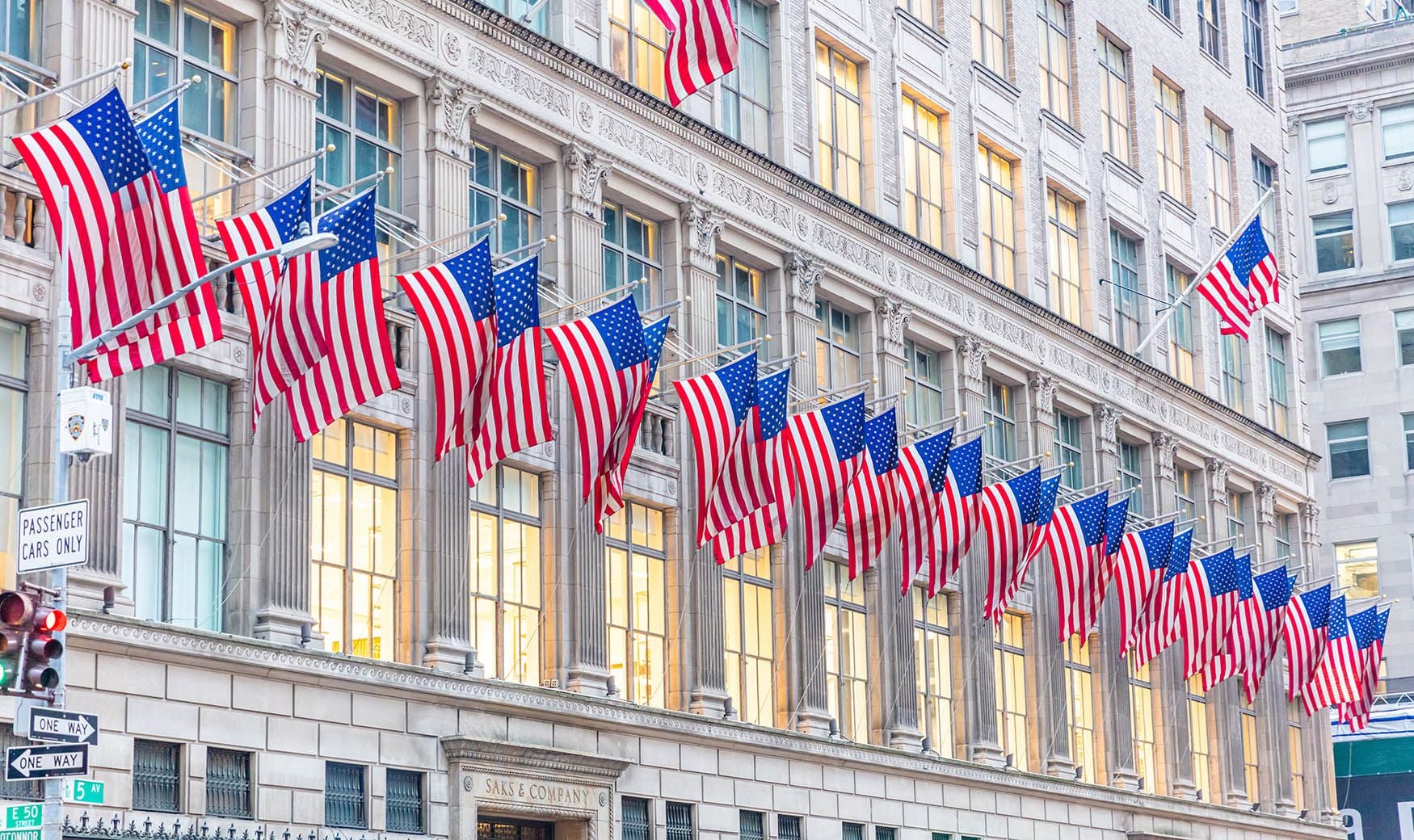GBP/USD Dip Buying Possible Near and Below 1.20
- Written by: James Skinner
- Thicket of supports underpins near 1.1950
- But upside limited by Fed-BoE divergence
- BoE speakers eyed; UK GDP data ahead
- Fed chatter may limit scope for a rebound

Image © Adobe Images
The Pound to Dollar exchange rate unravelled almost all of its January gains last week but could now benefit from dip-buying around a nearby thicket of technical supports if Friday's rally in U.S. exchange rates proves to have been a knee-jerk reaction that is ultimately faded.
Sterling sustained heavy losses alongside many other currencies on Friday after January's non-farm payrolls report squared away once and for all the notions of the U.S. labour market being anywhere near cooling as desired by the Federal Reserve, or of the economy being en route into a recession.
January's job gains forced Federal Funds rate futures back above the 5% handle in a partial reversal of the declines that began back in November when falling inflation rates and prospects for a reopening of the Chinese economy leaned against expectations for further increases in borrowing costs.
"The pickup in hiring suggests the US is (still) hardly in recessionary territory, and there is also still a risk that the cycle needs to be extended. The latter would add to headwinds on currencies with more vulnerable housing markets," says Michael Cahill, a G10 FX strategist at Goldman Sachs.
"Partly for this reason we are adding a trade recommendation for investors to go long EUR/SEK and recommend taking profit on short GBP/CHF," he adds.
Above: Pound to Dollar rate shown at daily intervals with selected moving-averages and Fibonacci retracements of various microtrends indicating possible areas of technical support. Click image for closer inspection. To optimise the timing of international payments you could consider setting a free FX rate alert here.
Cahill and colleagues said on Friday that last week's economic news should be viewed as "moderately positive" for the U.S. Dollar, suggesting Sterling might struggle to make much of any possible rebound in the days ahead, and particularly in light of last Thursday's update from the Bank of England (BoE).
The BoE was non-committal on the outlook for Bank Rate last Thursday, which was raised to 4% on the day, while also acknowledging the risk of borrowing costs potentially having to rise further over the coming months.
"Any dovish comments by Powell or other FOMC members on inflation peaking will pull the USD down this week in our view," says Joseph Capurso, head of international economics at Commonwealth Bank of Australia.
GBP to USD Transfer Savings Calculator
How much are you sending from pounds to dollars?
Your potential USD savings on this GBP transfer:
$1,702
By using specialist providers vs high street banks
"GBP/USD can edge higher this week if the USD weakens as we expect," he adds in Monday market commentary.
The big risk for the Pound to Dollar rate this week is that Federal Reserve officials begin prepping the market for a March increase in their estimates and forecasts for how high U.S. interest rates might ultimately have to rise for them to be confident that inflation will return to its 2% target.
Just last week Chairman Jerome Powell said in February's press conference that as little as "a couple" more quarter percent increases in the Fed Funds rate might be all that's necessary to see the back of inflation, and wage growth did continue to soften in the latest payroll report.
Above: Financial model-derived estimates of probable trading ranges for selected currency pairs this week. Source Pound Sterling Live. These ranges were updated after initial publication to correct for data entry errors. If you are looking to protect or boost your international payment budget you could consider securing today's rate for use in the future, or set an order for your ideal rate when it is achieved, more information can be found here.
Softening wage growth could mean it's possible for inflation to return to the target even with unemployment remaining at historically low levels, which would obviate any need for even higher interest rates, though everything depends on how Federal Open Market Committee members view the data
There is some chance of Sterling benefiting if Fed officials indicate a willingness to be patient before looking again at their interest rate forecasts, although much about this week's price action is also likely to depend on the remarks of the BoE's Monetary Policy Committee members.
They set to hit the speaking circuit en masse ahead of Friday's release of final quarter GDP data from the UK, which is set to decide the close call of whether or not a recession is already underway.
"GDP surprised on the upside in November, rising 0.1%. This was primarily driven by an increase in output in the services sector," says Andrew Goodwin, chief UK economist at Oxford Economics.
"We think growth in December was likely hampered by widespread industrial action, although the damage was probably relatively modest. However, economic indicators from that month have been almost universally poor," Goodwin writes in a Friday research briefing.
The consensus among forecasters is that GDP growth likely stalled at 0% in the final quarter owing to an anticipated -0.3% reading for December GDP, which implies that recession has been avoided.






